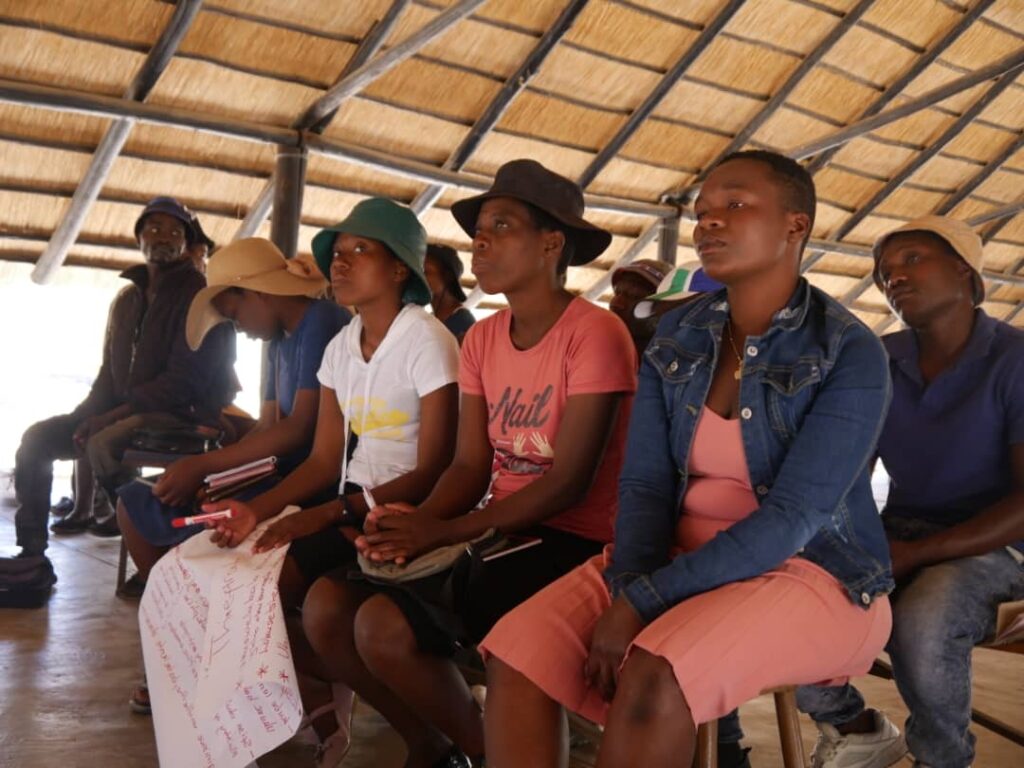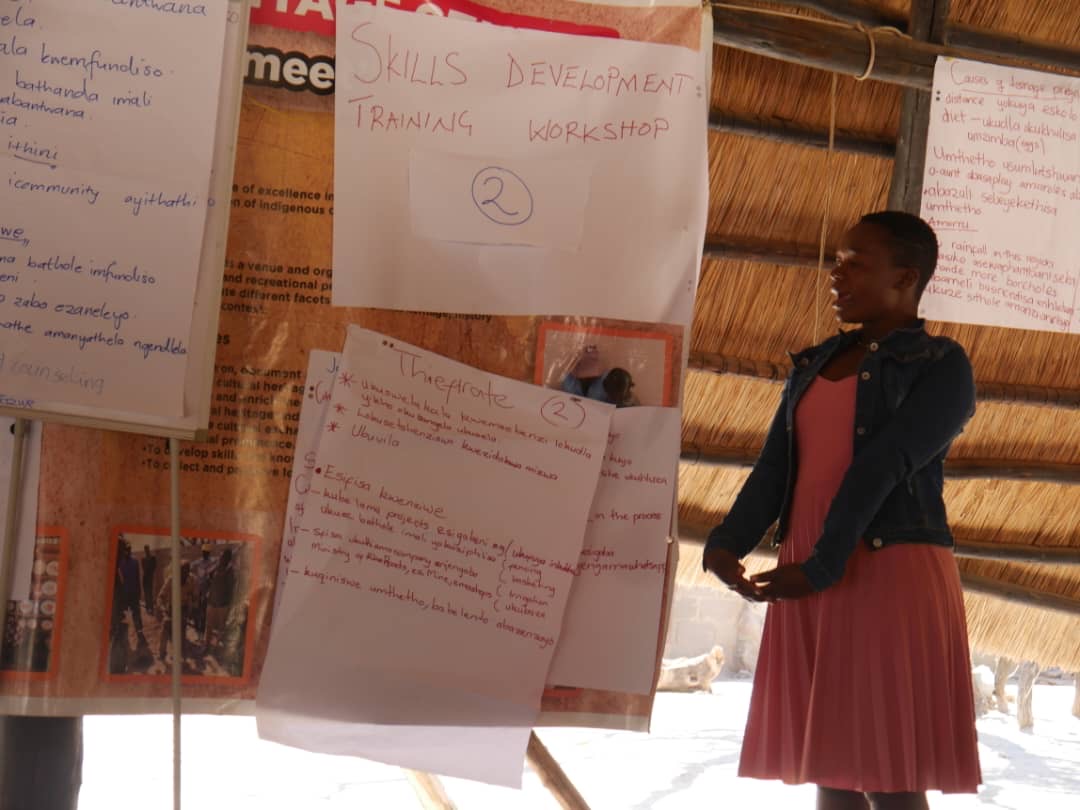Youths in Ward 17, Matobo have been capacitated with skills in research, citizen reporting and advocacy, to help them hold office-bearers accountable in improving economic governance and poverty reduction.
Aged between 18 to 35, the youths were trained by Amagugu International Heritage Center, under the Visual Expressions of Matobo Youth Voices (VEMYV) project.
Amagugu Administration Officer, Quiet Dube told CITE the project aims to leverage the use of visual art as a vector for economic and social transformation.
“The VEMYV, is supported by the Culture Fund of Zimbabwe Trust and funded by the European Union under the broad project theme known as Creative ACTIONs2. The project started in July and will be done in December,” Dube said.
Dube said the project’s goal is to create a network of Matobo Youths Peace Advocates who will serve as champions of peace and development through visual art.
“We want to strengthen the capacity of Matobo youths to demand improved, efficient and equitable distribution of public services and resources from duty bearers,” he said.

During the course of the project, activities such as the formation of the Matobo Youths Peace Advocates Network, the Matobo Youths Peace Advocates Skills Development Workshop, and the Intergenerational Skills Transmission Workshop will be carried out.
“We will also have interactive art sessions, dialogues with duty bearers, harmony community murals, digital exhibitions, youths’ conversation circles, inclusive focus group discussions and interactive visual arts sessions,” Dube said.
“The project will not only utilise visual art for the youths to paint their lived experiences in their communities, but these creative youths will also be trained in citizen journalism, social media management, community research and how to monetise their visual talent.”
According to Dube youths will also be given a platform to have dialogues with their duty bearers.
He also reiterated that at the end of the project, Amagugu International Heritage Center expects an improved level of participation by Matobo youths in project areas in governance processes in their localities.
“We want Matobo youths to be active development champions with the capacity to be agents of change in their communities. They must have increased novel ways of public engagement and advocacy through the use of visual arts in the communities and governance platforms. We also expect improved public services and resource issues addressed as a result of interventions by Creative Matobo Youths Peace Advocates in the project areas,” Dube said.

